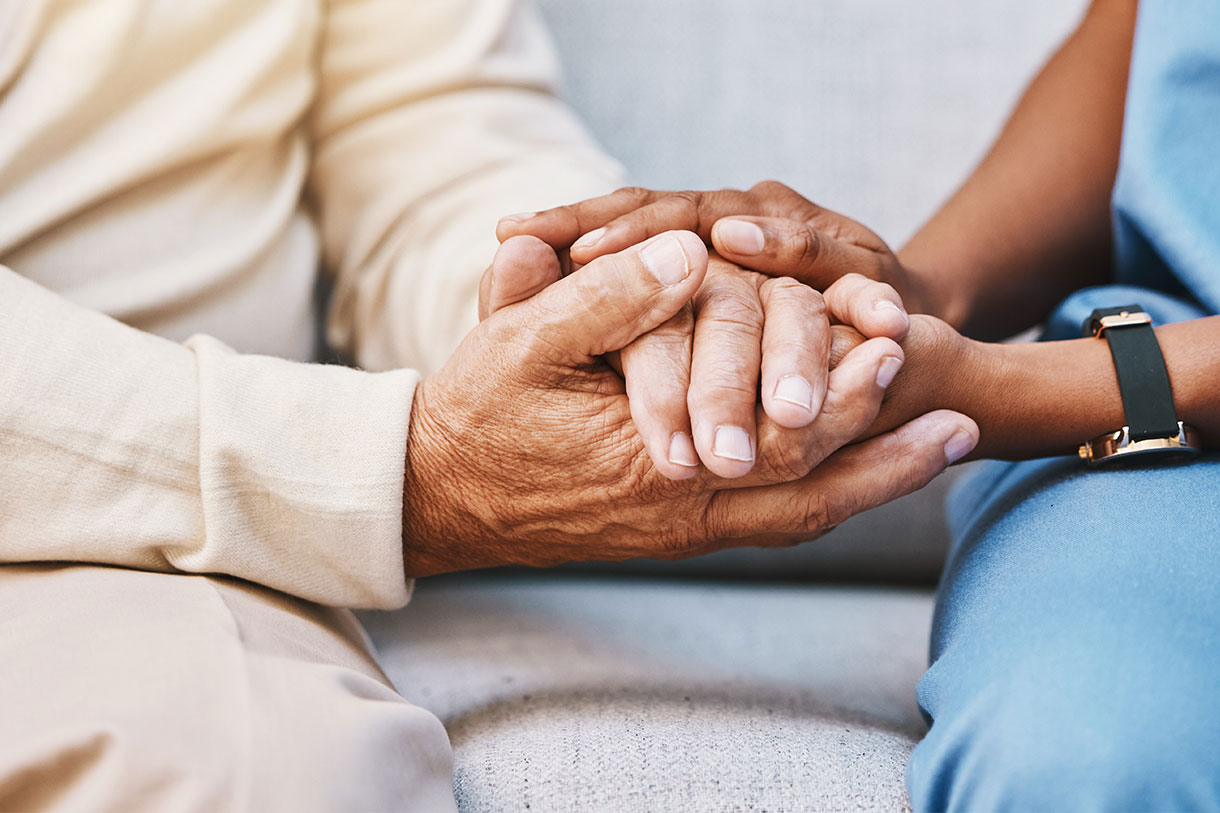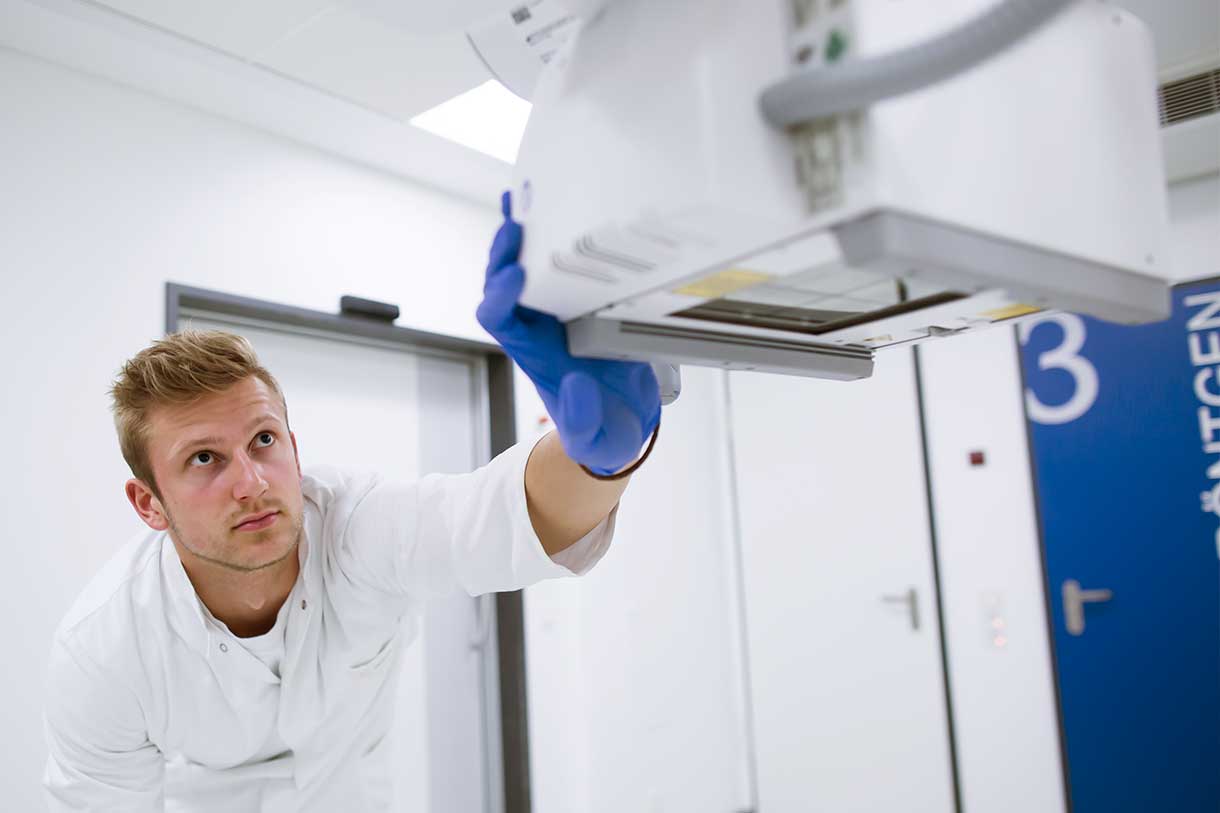Inhaltsverzeichnis | Sommaire
Aggression management: Why is it so important?
People who work in health and social professions are inevitably confronted with aggressive behaviour from patients, residents and clients in their daily work. According to current statements by family doctors, emergency teams and nurses, the trend for such events is increasing. The causes for this are manifold and complex.
Social developments, personal circumstances of patients and other factors contribute to an increased willingness to be aggressive. In this way, they often find themselves in an exceptional situation in regular everyday life, without the need for medium-sized disasters. For example, you are fundamentally afraid and in pain, and may be under the influence of alcohol, drugs, or strong medications. Acute mental illnesses or the feeling of inferiority, being at the mercy of others, unfair treatment, discrimination or impatience can promote affected behaviour.
Despite professional training efforts such as coping strategies, verbal and physical attacks are almost always stressful for the nurses, doctors or caregivers. In addition to physical injuries and hematomas, anxiety, exhaustion, sleep disorders and even post-traumatic stress disorder can occur among staff. In any case, incidents with aggressive patients cost a lot of time, attention and nerves. The working atmosphere, the performance and motivation of the team members decreases.
Conclusion: incidents of aggression tend to occur more frequently. The consequences of incidents of aggression can be serious. Organizations in the social and healthcare sector need aggression management.
A conscious handling of aggression events is supported by structured aggression management. On the one hand, the aim is to define preventive measures and behaviors during and after the situation in a forward-looking manner.
This means considering the following questions: How can a potential danger be foreseen, how can one prepare for it, how can it be prevented? What behaviors are used in aggressive events? How do those affected and the organization deal with what they have experienced? What do you learn from what happens or what measures are taken after an event?
An essential part of aggression management is the documentation of the incidents that have occurred or the incidents that have almost occurred. This is because the psychological aspect of daily work is not based on assumptions, but on verifiable facts that are structured according to the SOAS‐R model. This documentation is most easily handled with a reporting system for aggression events. With the reporting system, you provide employees with a form that you fill out after an aggression event and send to those responsible. There is a well-founded template for the recording of aggression events (Recording of Aggression Events EVA (nags.ch), which was developed by interdisciplinary experts. This template also serves as the basis for the H-AGGRESSION reporting system, which new-win has developed for your prevention.
The reporting system not only offers a reporting form, but also the necessary tools for structured case processing, so that possible potential for improvement and prevention can be identified and used from what has happened.
Any coping strategy is only as good as the underlying and well-prepared data. This is because these can be evaluated calmly (and not at the acute moment) in the team, and helpful measures are derived from them based on facts.
























